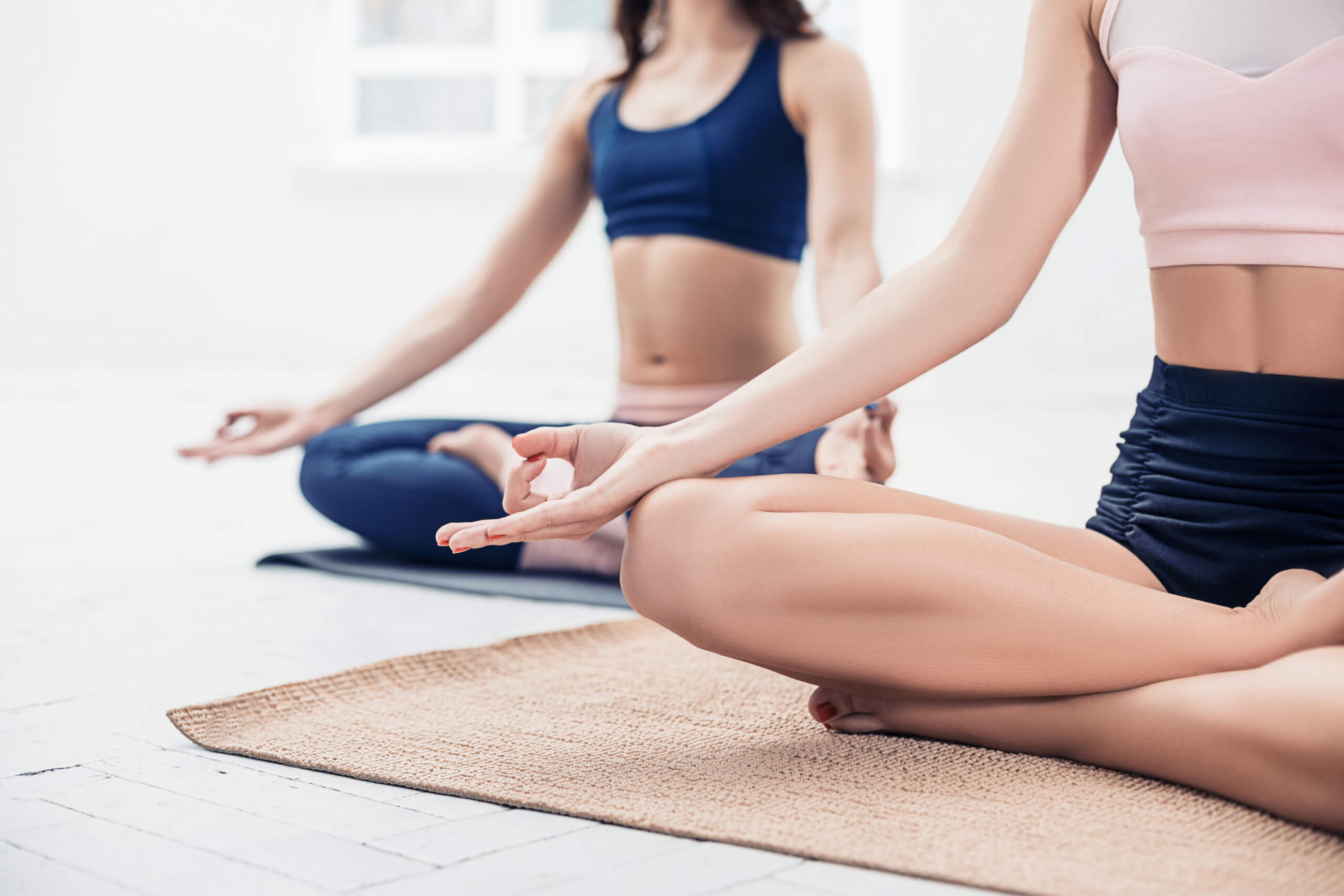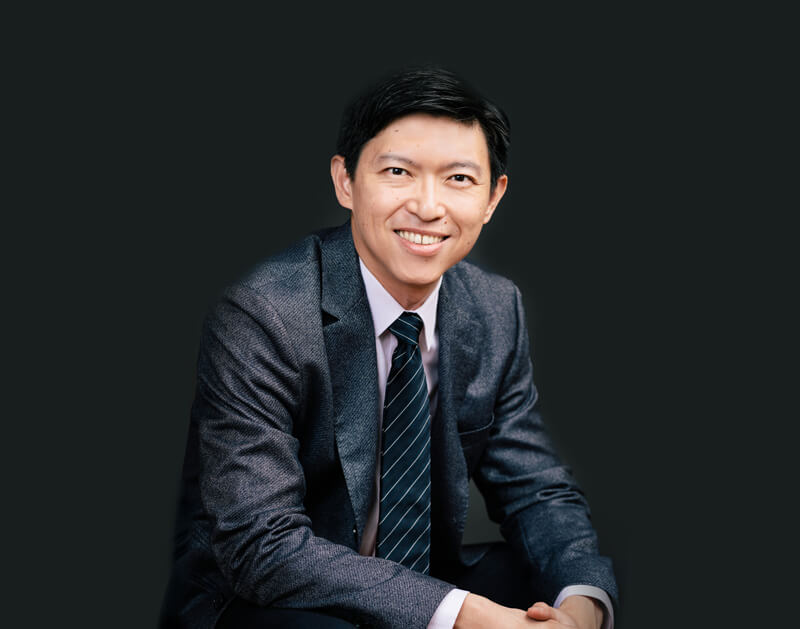Here’s What You Here’s What You Need To Know
Yoga is not just another form of physical exercise. This is an ancient practice that has its roots in Hinduism. It’s a spiritual, mental and physical discipline that is practised worldwide by people of all ages, genders and levels of fitness. It defines the unification of body, mind and spirit.
The origins of yoga are unclear and have attracted many contrasting theories. There is no written record on who invented yoga but it is thought to go all the way back to 3000-5000 BC. The earliest reference to yoga comes from ancient Indian scriptures dating back about 2000 years, but its practice may go back 5000 years. It was long associated with asceticism, or self-denial in the pursuit of spiritual ends, and was therefore often the subject of debate between Hindus.
Yoga is all about postures and focused concentration on specific body parts. It also employs breathing that is deep and rhythmic, along with a meditative state of mind. The poses are designed to stretch the body in ways that promote health as well as being therapeutic for many ailments such as back pain, arthritis or even high blood pressure.
On the body, yoga asanas or postures can help you release toxins and increase circulation, which in turn helps to relieve pain. Yoga also works on your body by improving muscle tone, flexibility and strength as well as agility of joints.
Yoga focuses on your mind by helping you to find peace. It does this by bringing your awareness to the present moment and teaching you how to be more mindful of what is happening around you. Yoga teaches two types of mind — the conscious, which we use in our daily lives and then the subconscious or other thoughts that float through our head without us being aware of them.
Yoga is all about your spirit as well. It is a spiritual practice and teaches you how to be more in tune with yourself, others around you, and nature. The controlled breathing, increased awareness, and the daily practice of yoga will help you to feel more balanced.
The philosophy behind yoga is grounded in Hinduism with the goal of bringing the body and mind together by focusing on breathing, postures and meditation that are designed for both relaxation as well as physical fitness.
The Science of Yoga
The world has increasingly demanded clinical evidence for any approach to healthcare and yoga is no exception. With the traction that yoga has gained over the years, medical organisations are increasingly conducting clinical studies about its efficacy.
Yoga has been used to manage chronic conditions such as asthma, diabetes and hypertension. It is also being studied for its usefulness in managing pain from cancer treatment side-effects like nausea or fatigue. Researchers have found that yoga can help lower blood pressure and improve heart rate variability.
Yoga also helps in managing stress and anxiety. It moderates stress hormones, especially the cortisol hormone which is linked to high blood pressure and heart disease.
Yoga also comes in handy in stimulating the parasympathetic nervous system through the vagus nerve. The parasympathetic nervous system is what controls our ‘rest and digest’ or ‘feed, breed and sleep’ activities in contrast to the sympathetic, which does all our other basic survival activities including running away from danger. Yoga has also been touted for its ability to help individuals cope with physical pain, chronic illness as well as mental distress.
Benefits
There is no doubt that yoga has both physical, mental and spiritual benefits. The benefits go beyond that and can also be applied in many daily life situations.
Corrects the Posture
Good posture enhances our breathing and prevents back pain. It says a lot about your character and how you carry yourself. Yoga helps to loosen muscles that may have become tight from daily life activities, sitting or improper exercise techniques. It also improves the range of motion in the joints, which can help with your everyday tasks such as bending down for groceries or picking up a child’s toy. Yoga helps to align your spine and brings you into a state of balance. Yoga exercises have also been shown to improve the gait of people with Parkinson’s disease.
Improves The Flexibility of Muscles
Your muscles need to be flexible in order to move. Yoga helps improve muscle tone and flexibility, which will help with movements such as swinging a golf club or running for the bus.
Muscles need endurance if you want them to work effectively without getting tired too easily. Yoga is designed specifically so that it builds muscles from head to toe. Yoga is also a great way to increase your core strength, which will help with stability and balance
Flexible muscles also increase the body’s range of motion. We need our joints to move around as well as complete daily activities such as sitting or bending down. With an increased range of motion, you can do these tasks more.
Improves Mindfulness
Yoga helps you become more ‘aware’ of your present thoughts, feelings and actions. It helps to create a sense of calmness in the mind by focusing on breathing. By setting a time frame for your session, it helps you become more aware of how much time is passing and how you are spending it. This mindfulness can help you with your everyday life and make routine tasks more enjoyable.
Helps To Alleviate Stress
Yoga reduces cortisol levels in the blood as well as stress hormones that can cause heart disease or high blood pressure. Yoga helps to release endorphins which are neurotransmitters that affect how we feel by making us happy. The slow, mindful movements in yoga also cause our brain waves to slow down, putting the mind into a state of relaxation. Yoga helps you become more in tune with your body and makes daily tasks like dressing or washing easier because of the improved range of motion and flexibility it builds. You will also notice improvements in endurance, strength as well as energy levels, which can be a great boost to your confidence.
Risks of Yoga Injuries?
Yoga had been billed as a safe form of physical exercise but recent studies suggest otherwise. Just like any other physical exercise, yoga comes with its own share of injury risks. The main risk of yoga comes from the physical impact on your body and joints, which can be exacerbated by poor posture or equipment that doesn’t support natural alignment. While some injuries can be nebulous, others such as torn ligaments or muscle strains are more obvious and can be prevented by following basic safety precautions. Notably, the risks of injury do not necessarily reduce depending on the experience of a teacher or the student but can be affected by factors such as age, weight or fitness level. An Injury during yoga doesn’t necessarily mean you didn’t do the pose correctly or that you weren’t in tune with your body, but it can be the result of a lapse in concentration, fatigue or muscular imbalance.
Luckily, however, you can drastically reduce these risks of yoga injury by following these simple guidelines:
- Always breathe out when you bend or go into a stretch
- Keep your back straight and stay aware of what is going on in the mind, body and heart. Be present!
- Slowly release and lengthen muscles after each movement. Stretch them without bouncing to avoid injury. Use weights only if you have the guidance of a certified instructor.
- Always warm up with gentle movement before engaging in more vigorous yoga poses
- Practice at your own pace and avoid pressure from others. Yoga is for you to experience, not anyone else.
But Here is Why Everyone Should Consider Yoga
Despite the risks of injury involved, yoga is, no doubt, a great form of exercise not only for your body but also mind and spirit. Its long term health benefits significantly outweigh any short term risks. Yoga improves the quality of life by alleviating stress and building confidence and increasing the range of motion, which is essential to day-to-day life. Yoga teaches you how to be more aware of your thoughts, feelings and actions, while also reducing fatigue and improving productivity at work or school. This is in addition to helping patients with joint replacement, arthritis and other painful conditions to manage the symptoms. Yoga helps combat the effects of osteoarthritis by improving the range of motion in the joints and increasing muscle flexibility. It becomes much easier for such patients to opt for yoga because it does not place too much stress on the joints.
The benefits of yoga make it a great form of exercise for everyone, especially if you’re looking to improve your mood and feel less stressed out! Yoga is also an excellent way to fight obesity because it helps reduce cortisol levels in the blood, which leads to weight loss by improving your metabolic rate.
Yoga is complementary to all other forms of exercise because it improves balance, stability and coordination as well as helping improve mood for those with anxiety or depression. Yoga helps you get back into shape by building strength, endurance and improving core muscles, which will have a positive impact on your body image.
It’s not just about the physical benefits, yoga can also help with your emotional and mental health by teaching you to be more mindful of thoughts and feelings while increasing self-awareness. Yoga offers deep insights into who you are as well as improving relationships because it teaches people how to listen better to themselves and others, thus, working through conflict in a healthy way.
Conclusion
No matter your age, weight or fitness level, it is possible to practice yoga safely if you follow the guidelines set out above. Yoga offers a way of life that can improve health in all aspects of one’s being — mind as well as body. Yoga is not just beneficial to people with physical limitations but also to those who want to improve their mood and feel less stressed. Yoga is a great form of exercise for everyone, especially if you’re looking to improve your mental health or lose weight. The best thing about yoga is that it is possible to practice it in the comfort of your own home and at any time you want. As such, there really is no excuse not to give it a go especially if you’re looking to improve your overall health for the long term.



